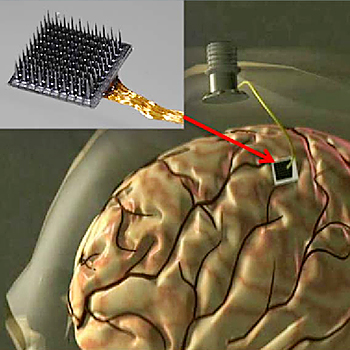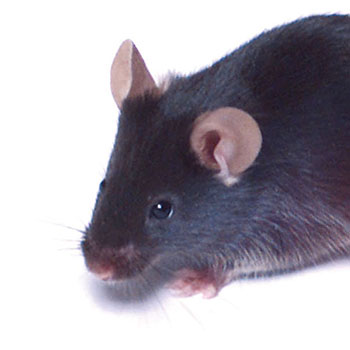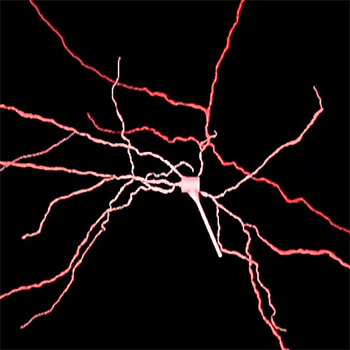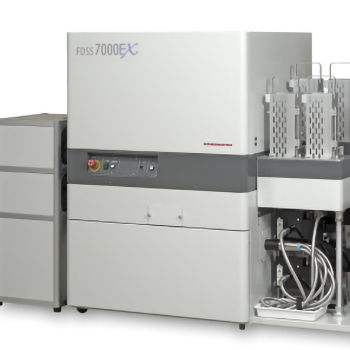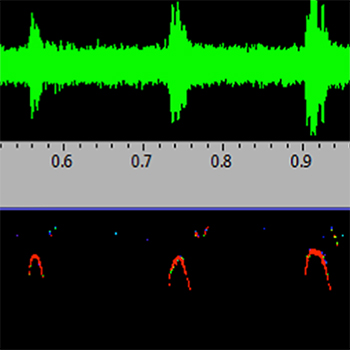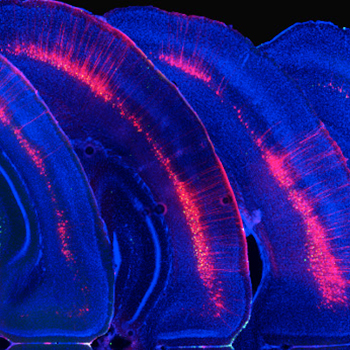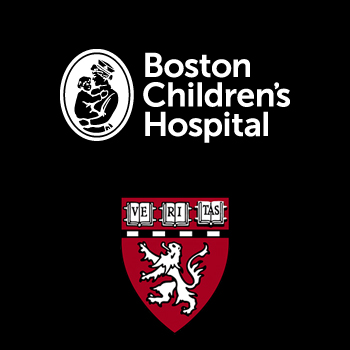The F.M. Kirby Neurobiology Center is fully committed to recruiting and supporting the full spectrum of our diverse population and ensuring that everybody has a place in our research community.
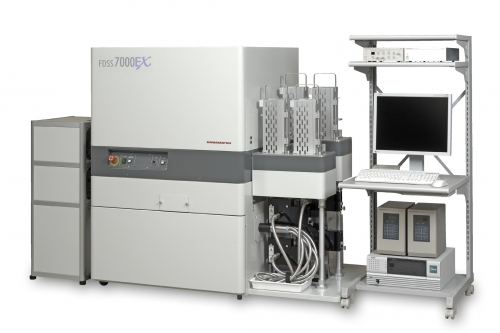
Contacts
Core Director: Jed Hubbs, Ph.D.
Jed.Hubbs@childrens.harvard.edu
Open Weekdays
Center for Life Science
Three Blackfan Circle, Boston, MA 02115
Medicinal Chemistry Core
Small molecule drug discovery is a process that integrates medicinal chemistry with other disciplines including cell biology and animal pharmacology. Successful drug optimization transforms a screening hit or tool compound to a drug candidate. This process requires parallel optimization of desired drug activity in preclinical disease, pharmacokinetic, and toxicological models.
The medicinal chemistry core provides consultation and services spanning this process from small molecule library selection and sourcing to lead optimization and drug candidate selection. To maximize efficiency, experimental design and project management takes place within the Core and chemical synthesis is typically conducted at a network of preferred contract research organizations.
Our services include:
- Custom synthesis of drugs and tool compounds
- Selection and sourcing of chemical screening libraries
- Evaluation of screening hits
- Search of literature and patents by chemical structure
- Design and synthesis of novel screening hit analogs (hit-to-lead chemistry)
- Design and execution of preclinical pharmacokinetics experiments
- Design and management of lead optimization projects
- Evaluation and selection of drug candidates
NOTE: This core is supported by the Boston Children’s Hospital Intellectual and Developmental Disabilities Research Center (IDDRC). IDDRC members are entitled to subsidized rates for services provided by this core. IDDRC Membership information.
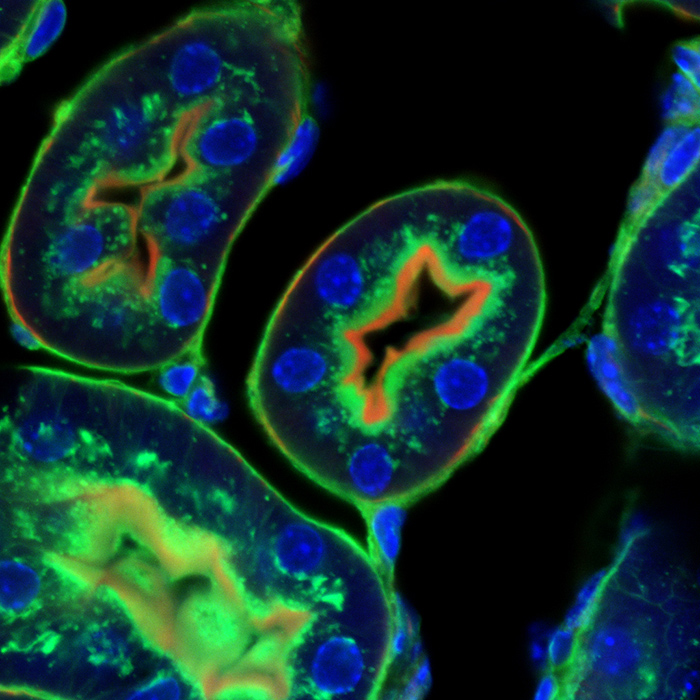
NOTE: This core is supported by the Boston Children’s Hospital Intellectual and Developmental Disabilities Research Center (IDDRC). IDDRC members are entitled to subsidized rates for services provided by this core. IDDRC Membership information.
Contacts
Core Director: Hisashi Umemori M.D., Ph.D.
hisashi.umemori@childrens.harvard.edu
Assistant Director: Harry Cramer, Ph.D.
Harry.Cramer@childrens.harvard.edu
Multi-photon Manager: Cheng-Hao Chien, Ph.D.
cheng-hao.chien@childrens.harvard.edu
Open Weekdays, 9 – 5
Center for Life Science – CLS 13035
Three Blackfan Circle Boston, MA 02115
Cellular Imaging Core
The Cellular Imaging Core provides investigators with affordable access to state-of the-art instrumentation, powerful image analysis software and insightful training for light microscopy and image analysis. We offer individualized education of the equipment, image analysis software & microscopy in the form of free training; drop-in office hours; instrument demos and workshops; and personalized consultation on specific project goals. We are committed to maintaining this shared-instrumentation core where tools are housed to visualize and analyze cellular processes for biological research at Boston Children’s Hospital and Harvard Medical School.
Moreover, the core also continues to update the services (ex – microscopes, image analysis software, sample preparation techniques, advise on how to streamline protocol workflows, semi-custom instrumentation) by conferring with IDDRC researchers, experts in the field, our advisory committee and vendors to identify new avenues that will facilitate and advance the research around us. For this reason, individual labs can also consult with the Cellular Imaging Core on recommendations on state-of-the-art technology.
Pricing and Further Information on Cellular Imaging Core.
Instruments
Zeiss LSM 700 Laser Scanning Confocal
Zeiss LSM 710 Multiphoton Laser Scanning Confocal
Perkin Elmer Ultraview Vox Spinning Disk Confocal
Zeiss SteREO Discovery Dissecting Microscope
Nikon 80i Fluorescence Microscope with dry objectives
Nikon E800 Transmitted Light/Fluorescence Microscope with oil objectives
Nikon 80i with Neurolucida and StereoInvestigator
Nikon Ti Eclipse inverted microscope
Array Tomography Imaging System
Olympus MPE-RS Multiphoton
Leica TCS SP8 (STED One) Confocal & Super-Resolution Imaging System
Software
Imaris
Volocity
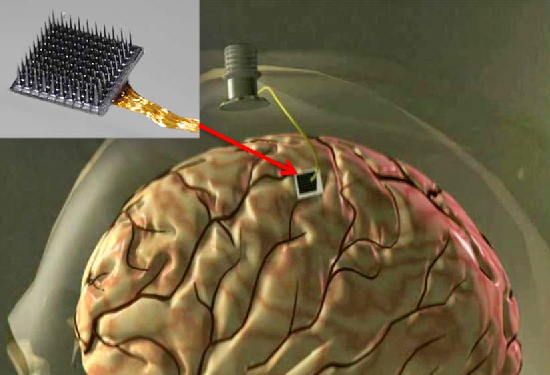
Contacts
Core Director: Alexander Rotenberg, M.D., Ph.D.
alexander.rotenberg@childrens.harvard.edu
Open Weekdays, 9-5
Data acquisition: 24/7
Office
Center for Life Science — CLS 14063
Three Blackfan Circle, Boston, MA 02115
Core
Karp Family Research Laboratories, RB 4013.1 and 4041
One Blackfan Circle, Boston, MA 02115
Experimental Neurophysiology Core
The Experimental Neurophysiology Core (ENC) provides expertise in collection and analysis of in vivo cerebral electrophysiologic signals including EEG. The centerpiece of ENC’s Acquisition module is the preclinical rodent wireless telemetry unit with capacity to record spontaneous and evoked cortical electrophysiologic signals from freely moving rodents enabling neurophysiological characterization of transgenic strains and disease models. A unique data acquisition feature of ENC is preclinical transcranial magnetic stimulation (TMS), a protocol for noninvasive focal cortical stimulation. TMS in rodents enables measures of cortical excitability and plasticity that are valuable as metrics of pharmaceutical target engagement. The Analysis module provides rapid review and metric extraction either from data collected in the ENC, or from data sets provided by outside clients. The analytic capacity includes epileptic seizure and spike detection, extraction of spectral/frequency content from the EEG and circadian rhythmicity.
Acquisition:
- Continous wireless video-EEG, temperature and actigraphy recording in up to 20 subjects (mouse, rat)
- Sensory event related potential recording (ERP; mouse)
- TMS recording in awake and anesthetized subjects (rat)
Analysis (mouse, rat and human):
- Seizure detection, circadian biometrics and quantitative EEG analysis
- ERP analysis
- TMS response analysis
The ENC also provides technical support and end-to-end services for rodent cranial surgeries, drug administration, and sample collection for pharmacokinetic and toxicology analyses. Notably, EEG, TMS and other ENC electrophysiologic measures are by design translational, and available to be applied in human studies at BCH to accelerate the pipeline from preclinical evaluation of therapeutic targets to clinical trials.
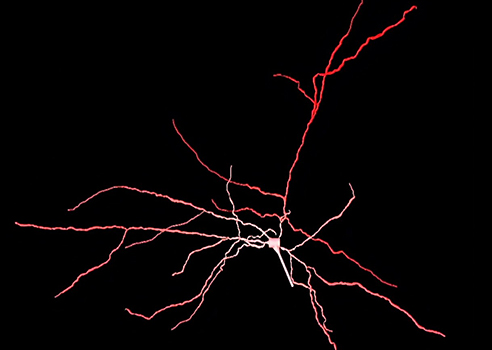
NOTE: This core is supported by the Boston Children’s Hospital Intellectual and Developmental Disabilities Research Center (IDDRC). IDDRC members are entitled to subsidized rates for services provided by this core. IDDRC Membership information.
Contacts
Assistant Director: Cidi Chen, Ph.D.
Cidi.Chen@childrens.harvard.edu
Assistant Director: Dosh Whye M.A.
Dosh.Whye@childrens.harvard.edu
Further Information on Human Neuron Core
https://iddrc.org/overview/translational/human-neuron-unit/
Open Weekdays, 9 – 5
Center for Life Science – CLS 12160
Three Blackfan Circle Boston, MA 02115
Human Neuron Core
To create a streamlined workflow for research from bed to bench and back, the Rosamund Stone Zander Translational Neuroscience Center at Boston Children’s Hospital created the Human Neuron Core (HNC). To bridge the gaps between clinics, basic science, and drug development, HNC supports clinicians, fellow researchers, and industry clients to collect patient samples, differentiate specific neuronal subtypes, and phenotype patient-derived neurons. We optimize standard operating procedures based on published and well-characterized protocols and produce high-quality neuronal subtypes, such as cortical, spinal motor, sensory, and GABAergic neurons. We provide access and training to the Axion Maestro multielectrode array (MEA), which allows user-friendly measurements on spontaneous electrical activities over time. We collaborate with the Assay Development Screening Facility (ADSF) within the FM Kirby Neurobiology Center for high-throughput screening to monitor functional responses of neurons and other cell types. Together, we provide researchers the capability to create neurons, develop assays, and run drug screens for new therapeutic approaches to neurological diseases.
Further Information on Human Neuron Core.

Contacts
Core Director: Mustafa Sahin, M.D., Ph.D.
Mustafa.Sahin@childrens.harvard.edu
Assistant Director: Lee Barrett, Ph.D., ARCS.
Lee.Barrett@childrens.harvard.edu
Research Assistant: Candace Tong-Li
Candace.Tong-Li@childrens.harvard.edu
Open Weekdays, 9 – 5
Center for Life Science — CLS 12th Floor
Three Blackfan Circle, Boston, MA 02115
Assay Development & Screening Facility
The mission goal of the Assay Development and Screening Facility (ADSF) is to offer automated widefield and laser confocal microscope imaging options for all standard tissue culture plates and microscope slides in a user independent manner. The acquired images are then automatically quantified with a state of the art on-site computer cluster. The ADSF offers this as a fee-for-service or user assisted model. We also provide consultation on assay design, robotic lab automation as well as in depth training on image data analysis and algorithm development to address your particular biology. In addition, we have access to nearly 300,000 unique pharmacological entities from a variety of academic and commercial vendors. The core works closely with investigators to develop and initiate large or small-scale screens and can direct investigators to resources for further lead development.
NOTE: This core is supported by the Boston Children’s Hospital Intellectual and Developmental Disabilities Research Center (IDDRC). IDDRC members are entitled to subsidized rates for services provided by this core. IDDRC Membership information.
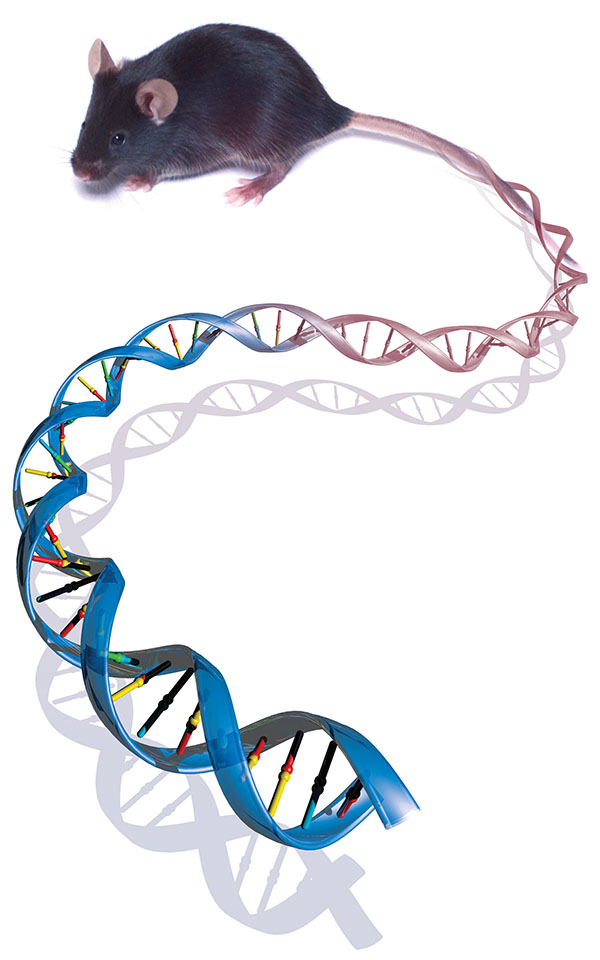
Contacts
Assistant Director: Mantu Bhaumik, Ph.D.
Mantu.Bhaumik@childrens.harvard.edu
Core email:
transgenicmouse@childrens.harvard.edu
Core Web page:
https://iddrc.org/gene-analysis-editing-core/
Open Weekdays: 9-5
Center for Life Science – CLS 1212
Three Blackfan Circle Boston, MA 02115
Gene Editing Core
The Gene Editing Core provides consultation and technical expertise to investigators for selecting and utilizing the most appropriate approach for achieving desired mouse models of human disease in an easily accessible, cost effective and efficient manner.
The mouse genome is most commonly altered by genome editing CRISPR/Cas9 reagents, but also by random insertion of transgenic DNA or gene targeting in mouse ES cells.
Genome editing via CRISPR/Cas9 is a single step founder generation technique that allow precise modification of a single nucleotide change or insertion or deletion of large DNA fragments at a target site. The relative ease and accessibility of CRISPR/Cas9 reagents, lower cost and higher efficiency of founder generation is an attractive approach for creating most mouse models.
We continue to offer in-house gene targeting in mouse ES cell lines from different genetic backgrounds and chimera production from imported ES cell lines. Transgenic founders are generated in different strains of mice, including mutant mouse lines.
The Core also provides genotyping services, propagation and management of founder lines, cryopreservation, re-derivation by embryo transfer or in vitro fertilization.
NOTE: This core is supported by the Boston Children’s Hospital Intellectual and Developmental Disabilities Research Center (IDDRC). IDDRC members are entitled to subsidized rates for services provided by this core. IDDRC Membership information.
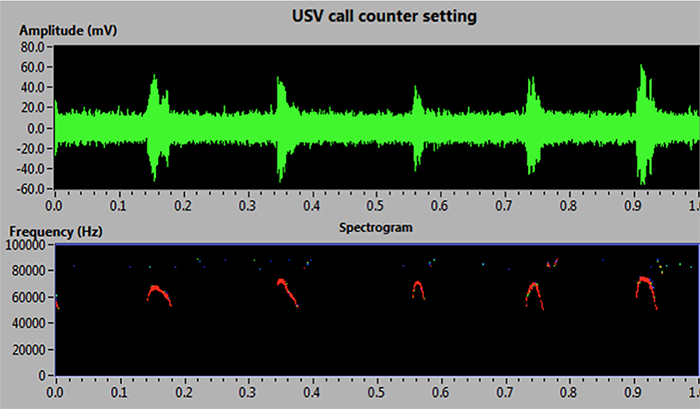
NOTE: This core is supported by the Boston Children’s Hospital Intellectual and Developmental Disabilities Research Center (IDDRC). IDDRC members are entitled to subsidized rates for services provided by this core. IDDRC Membership information.
Contacts
Core Director: Michela Fagiolini, Ph.D.
michela.fagiolini@childrens.harvard.edu
Open Weekdays, 9-6 (Unassisted 24/7)
Karp Family Research Laboratories, 4th Floor
One Blackfan Circle, Boston, MA 02115
Neurodevelopmental Behavioral Core
The iB&P is currently only completing ONGOING studies. We are NOT accepting new requests to perform studies. As soon as restrictions are released we will resume our services and inform our users.
Please feel free to contact Core staff if you need anything during this difficult period and we will try to help.
For example,
• letters of support,
• methods for iacuc protocols,
• consultation on testing schemes in grant proposals
• Help with data analysis
The Neurodevelopmental Behavioral Core (NBC) provides facilities and technical support to characterize mouse models of human disorders and to test novel therapeutic drugs and interventions that may treat those disorders. Our philosophy is to provide state of the art systems that can be used to measure behaviour and to also provide complementary technologies that can help to provide mechanistic understanding of mouse models of neurodevelopmental disorders. As such we constantly assess our capabilities and keep abreast of the latest developments in the field of in vivo functional monitoring of preclinical models of disease. We are committed to supporting PIs and Fellows to develop and validate new behavioral outcome measures of disorders.
Selected Capabilities:
- Specialized environments for evaluating the interplay between genetics and the environment such as dark rearing, sound isolation, standardized environmental enrichment.
- Ethovision XT video tracking systems to monitor behavioral activity
- Ultrasonic vocalizations (including ability to categorize calls)
- EEG – a tethered system (up to 6 subjects) and ECG in conscious subjects.
- Neurophotometry for measuring in vivo calcium imaging in freely behaving subjects
- Whole-body plethysmography for measuring breathing rates and the presence of disorders such as apnea.
- In vivo microdialysis to enable measurement of neurochemicals in the CNS and plasma
Our facility and staff are available to help both academic and industry scientists evaluate their models and compounds.
NOTE: The NBC endorses the ARRIVE guidelines, designed to improve reporting standards of in vivo experimentation. We ask that all investigators using our facility review the ARRIVE guidelines and use them as a checklist PRIOR to designing their studies.
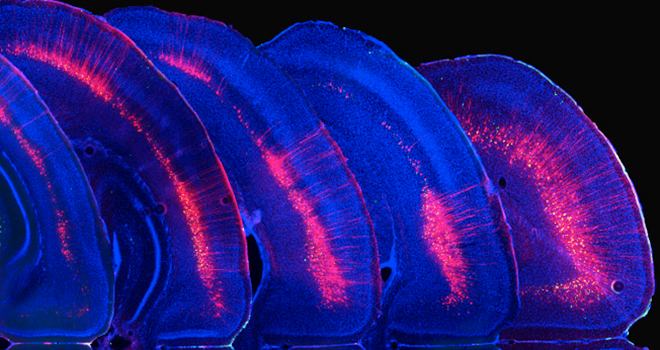
Contacts
Core Director: Zhigang He, Ph.D.
Zhigang.He@childrens.harvard.edu
Assistant Director: Yiming Zhang, Ph.D.
Yiming.Zhang@childrens.harvard.edu
Open Weekdays, 9 – 5
Center for Life Sciences – CLS 13060
Three Blackfan Circle, Boston, MA 02115
Viral Core
The Viral Core is now open and accepting new orders.
The Boston Children’s Hospital Viral Core provides technological resources to academic investigators interested in the development and use of viral-based vectors. We offer custom lentiviral vector production, custom adeno-associated virus (AAV) vector production, and a variety of serotypes and aliquots of in-stock vector.
Our goal is to provide scientists with access to cutting-edge, high-quality viral vector technologies in a cost-efficient fashion. We also provide consultations to investigators in selecting, designing and using viral vectors.

Links
IDDRC at Boston Children’s Hospital
https://www.iddrc.org
AUCD – Association of University Centers on Disabilities
https://www.aucd.org
Intellectual & Developmental Disabilities Research Center
The Children’s Hospital Intellectual and Developmental Disabilities Research Center (IDDRC) is one of the oldest centers of its kind in the United States. Established in 1963 by Congress as “centers of excellence” for research in mental retardation and developmental disabilities, Intellectual and Developmental Disabilities Research Centers (IDDRCs) represent the nation’s first and foremost sustained effort to prevent and treat disabilities through biomedical and behavioral research. IDDRCs also contribute to the development and implementation of evidence-based practices by evaluating the effectiveness of biological, biochemical, and behavioral interventions; developing assistive technologies; and advancing prenatal diagnosis and newborn screening.
The IDDRC at Boston Children’s Hospital supports the research of dozens of genetics and neuroscience investigators from five affiliated institutions: Harvard Medical School, Children’s Hospital, the Brigham and Women’s Hospital, the Beth Israel Deaconess Medical Center and the Dana Farber Cancer Institute.
IDDRCs contribute to the development and implementation of evidence-based practices by evaluating the effectiveness of biological, biochemical, and behavioral interventions; developing assistive technologies; and advancing prenatal diagnosis and newborn screening.
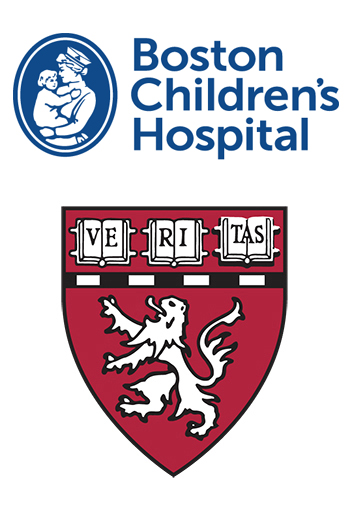
Neuroscience Cores across Harvard
Investigators at the FM Kirby Center for Neurobiology at Boston Children’s Hospital maintain joint appointments across the breadth of the Harvard University medical and scientific research community. Their labs have access to an unsurpassed range of technologies, facilities and expertise. Here are some of them.
Boston Children’s Hospital Research Cores >
Harvard Cambridge Campus Research Cores:
Bauer Core Facility – includes Sequencing, Flow Cytometry, Real-Time PCR, Single Cell Analysis
Harvard Center for Biological Imaging >
Center for Brain Science Neurotechnology Core >
Center for Brain Science Neuroimaging Core >
Center for Brain Science Light Microscopy Core >
Center for Brain Science Electron Microscopy Core >
Genome Modification Facility >
Harvard Stem Cell Institute iPS Core >
Stanley Center for Psychiatric Research at the Broad Institute >
HMS Longwood Campus Research Cores:
Neurobiology Imaging Facility >
HMS Electron Microscopy Facility >
HMS Research Instrumentation Core >
Centers for Clinical and Translational Research >
Wyss Institute for Biologically Inspired Engineering >


